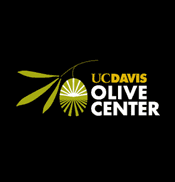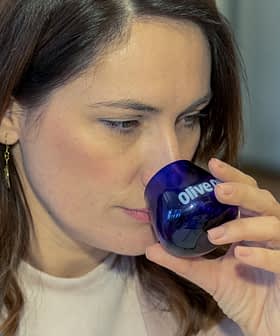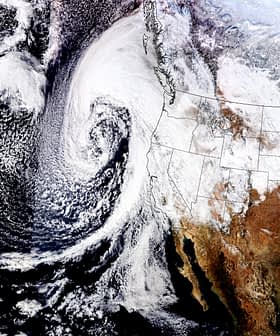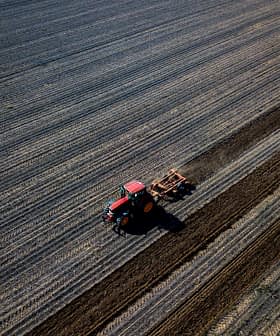 Looking to really rock your olive oil world? Definitely put the August 20 Paso Robles Olive Festival on your calendar, but show up a day early for a Sensory Evaluation of Olive Oil class. It will not only arrest your senses, but your knowledge, understanding and appreciation of olive oil. There’s no better primer for the festival’s celebration of the olive and its precious oil with tastings, wine, and gourmet food in gorgeous summertime Paso Robles, California.
Looking to really rock your olive oil world? Definitely put the August 20 Paso Robles Olive Festival on your calendar, but show up a day early for a Sensory Evaluation of Olive Oil class. It will not only arrest your senses, but your knowledge, understanding and appreciation of olive oil. There’s no better primer for the festival’s celebration of the olive and its precious oil with tastings, wine, and gourmet food in gorgeous summertime Paso Robles, California.
Organized by U.C. Davis and the California Olive Oil Council, two classes, one beginning and one advanced, are offered August 19 at the Paso Robles Inn. In its second year at the Olive Festival, the classes are part of the olive oil short courses offered by U.C. Davis.
Though the classes target those in the industry such as growers, millers and specialty shop retailers, it attracts anyone with an interest who wants to learn more, according to Nicole Sturzenberger, Assistant Director of the U.C. Davis Olive Center. Last year’s class was so popular, Sturzenberger said, “We completely sold out and turned people away. We don’t like that.” To better accommodate the high demand this year, they’ve added a second class and doubled the enrollment capacity. The classes will fill quickly, especially at $95 each. “This price point is really great,” explained Sturzenberger. “Usually a short course is $275 for a day.”
Alexandra Kicenik Devarenne, Sonoma County-based olive oil consultant and educator and Sandy Sonnenfeld, olive oil taste panel member and prepared food manager for the Pasta Shop will instruct both classes. The beginning class, Devarenne explained, is an introduction to the sensory evaluation of olive oil designed toward the person uses olive oil but has had no formal training or background. It may be a retailer, producer or distributer who is engaged in the business of olive oil but with no formal training. It begins with the sensory attributes of olive oil: aroma, taste, flavor, and the differences in each one. Participants then taste a number of olive oils using the official protocol and tasting technique used in International Olive Council accredited panels.
Devarenne and Sonnenfeld lead the class through an examination of the classic negative attributes, along with an explanation of the causes, as well as positive attributes of oils. “We give people as much understanding as possible to give a mental framework,” explained Devarenne. Fustiness, for example, is identified by smell and taste, followed by the explanation of why it happens. “It’s critical to look at the negative because they’re rampant,” said Devarenne, “but I don’t want to spend a lot of time. You’ve got to taste the nasty stuff and move on.”
Then the real fun begins. Using the official tasting language, participants continue to sip a variety of olive oils, but this time around to identity positive attributes, narrated by an explanation of how influences such as variety, harvest maturity, temperature and climate affect the tastes.
As important as it is to sip the oils to isolate the flavors and talk about them, Devarenne said, “At the end of the day, olive oil is a food, not a beverage. What really matters is how it tastes on a tomato or on a slice of mozzerella. That is the most important part, to see how the flavor profiles on its own and then paired with food.”
The advanced class explores olive oil in further depth and is designed to benefit makers and sellers alike. It covers topics such as the influences of processing and varieties, blending, cultural practices and irrigation on olive oil. Participants may certainly take both classes, as this class follows the beginning class.
Register on the U.C. Davis Olive Center website, but don’t dawdle, classes fill quickly.
Aug 19, 2011
9:00 am to 4:30 pm
Paso Robles Inn, Paso Robles California
Contact Nicole Sturzenberger
(530) 754‑9301








